Developing Mental Health Awareness
It takes practice to know ourselves well enough to identify our current mental health state. We know if we have been inactive, eating poorly and not getting enough sleep, our physical health is being compromised. Similarly, there are common indicators that help us tune into our mental health. In this blog we will learn how to identify our state of mental health, explore how the mind body connection plays a role and develop strategies to incorporate self-awareness, mindfulness and personal goals.
Your Mental Health
In order to know where we stand with our mental health, we need to get curious about how we are feeling emotionally, mentally and physically. Taking an inventory about where are thoughts go in our mind is a great place to start. Notice your thoughts and just observe them without getting attached to them. Are you constantly replaying the past or negative stories about the future? Are you ruminating or dwelling on things you have no control over? Being aware of your thoughts is a practice that will begin to help you have control over your mind, rather than your mind having control over you. Remember, where thoughts go, energy flows.
Another indicator of our mental health is becoming aware of patterns that make us unhappy. For example, drinking to the point of feeling depressed and shameful the next day, spending time with people who repeatedly bring us down and habitually avoiding our responsibilities can compromise our mental health. Especially if these patterns stem from self-sabotage and result in self-destruction.
“Being aware of your thoughts is a practice that will begin to help you have control over your mind, rather than your mind having control over you. Remember, where thoughts go, energy flows.”
Noticing how we feel after our actions is crucial to being aware of our mental health state. Sit down with friends and loved ones you trust and ask them if they notice any negative patterns or behaviors that repeatedly leave you feeling discouraged, frustrated, anxious or sad. Usually, we are aware of behaviors we are sick and tired of repeating and desperately want to make a change. It takes awareness and the desire for change to move us in the right direction.
Mind-Body Connection
As we have discussed in previous blogs, the mind and body are connected. Therefore, if you are struggling mentally you will feel it physically and vice versa. Tuning into our body will help bring awareness to our mind. Generally, when we are feeling depressed our body will feel heavy, lethargic, weak and tired. Mind-body awareness means developing a relationship between your thoughts and feelings and your physical body. As you strengthen this relationship, it becomes easier to listen to what your body is telling you through physical indications. As a result, the better you become at responding and working with your body, the more you will create an inner feeling of wholeness.
“Mind-body awareness means developing a relationship between your thoughts and feelings and your physical body.”
Strategies for Mental Health Awareness
Self-awareness is defined as the conscious knowledge of one's own character, feelings, motivations, and desires. Developing self-awareness takes practice and consistency. The better we get to know ourselves, the easier it becomes to know what we need. Regular mindfulness practices help us tune into our mind and body so we can develop a sense of connection to our experience. Some common mindfulness practices include meditation and journaling. They both allow you to sit with yourself, while connecting sensations in the body with thoughts in the mind.
Another helpful tool is to start seeing a therapist, especially if you are feeling stuck, lost or don’t know where to start. Having a guide to help develop your mental health awareness is like having a personal trainer for your body. Meeting with a therapist allows you to get to know yourself on a deeper, more intimate level. There is something powerful about sharing your experience with a therapist and hearing yourself out loud, while safely processing emotions and feelings. Further, a therapist can help assist with setting and establishing personal goals. When we have an intention to develop our mental health awareness, having goals along the way helps keep us accountable.
“The better we get to know ourselves, the easier it becomes to know what we need.”
Starting where we are is the best place to begin. The practice of getting to know who we are is a lifelong journey. This practice is not linear, rather it is fluid and constantly changing and evolving. Incorporating strategies of mindfulness will enhance our mental health awareness. Being present and aware of our physical and mental health will facilitate overall whole person wellness.



